Immigration:
We represent clients for a full range of immigration issues, including:
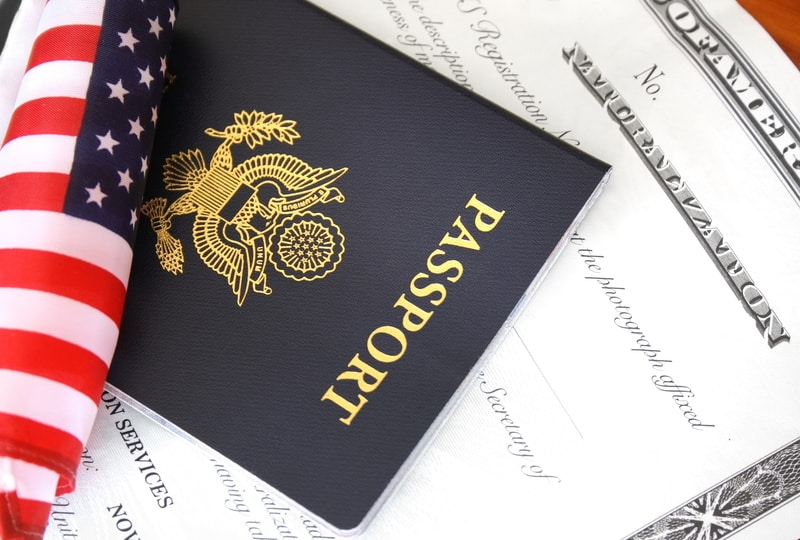
Immigrants who have had legal permanent resident (LPR) status for a certain length of time may qualify to become naturalized U.S. Citizens. There are many advantages to obtaining citizenship, such the right to vote and the ability to leave the country for extended periods of time without jeopardizing your status.

Our firm has helped many families re-unite in the U.S. and achieve their dreams of living close to each other. You are able to immigrate to the U.S. if you are sponsored by a spouse, parent or other qualifying family member.
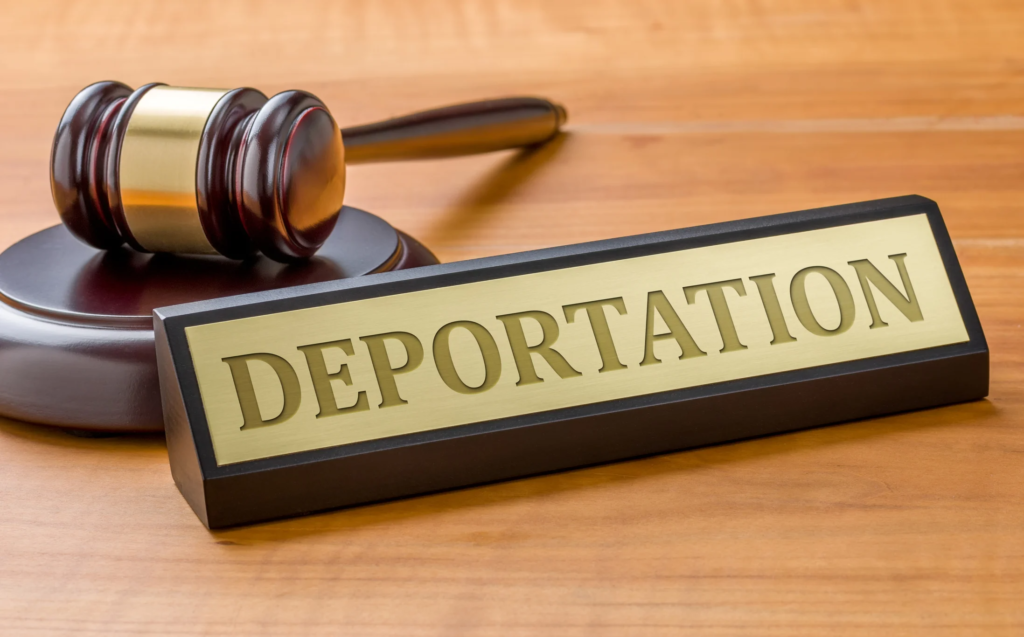
Being subject to removal hearings can be among the most frightening experiences for an immigrant. Our skilled legal team is there to assist with all issues related to removal proceedings; including ICE Detention/Detainers, ICE Holds, Immigration Bonds, Master Calendar Hearings and Individual Hearings.

Our skilled immigration office understand the complex nature of asylum cases. However, we have nearly 10+years of experience in the practice of immigration law, and we are equipped to help you and your family seek asylum in the United States.

Adjustment of Status and Consular Processing
As the daughter of an Ecuadorian immigrant, Attorney Cindy Salazar understands the challenges of the U.S. immigration process. She and her team will help you determine if you are eligible for Adjustment of Status and work with you in preparing your petition. In addition to qualifying to apply for a green card, there are other requirements that you will need to meet in order to become a legal permanent resident.

Criminal Issues and Immigration
Our officeis mindful of how criminal issues impact your immigration status, and we put this experience to work to provide clients a comprehensive range of relief options both through ICE and the criminal court system.

If you’re a foreign national, you must have a visa or immigration work permit to work legally within the United States. USCIS and ICE strictly enforce U.S. immigration laws, and undocumented workers risk deportation, immigration bars, and other penalties if they violate the rules.
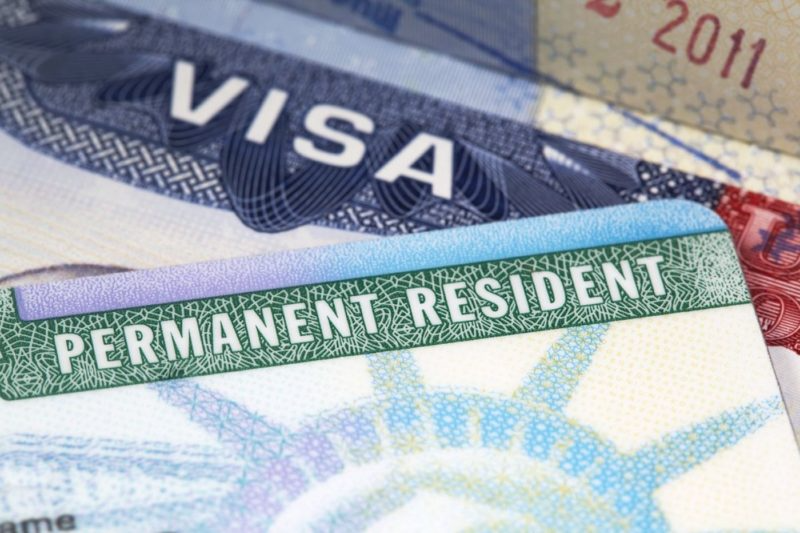
There are a variety of visas that could be available for individuals who only wish to stay in the United States temporarily. Student visas, for example, can allow foreign students to enroll in American universities and education programs. Similarly, business travelers, tourists, and family members of legal U.S. residents are likely to require a visitor visa in order to gain entry into the country.

There are certain types of visas that are available to offer relief to victims of domestic violence, sex trafficking, and other crimes, including T visas and U visas. In addition to those visas, which carry long wait times, there is the VAWA Act, which can provide relief to those whose abuser is the one person who could also petition for them.It is important to note that while the law is called the Violence Against Women Act, its provisions apply equally to male victims of domestic abuse.
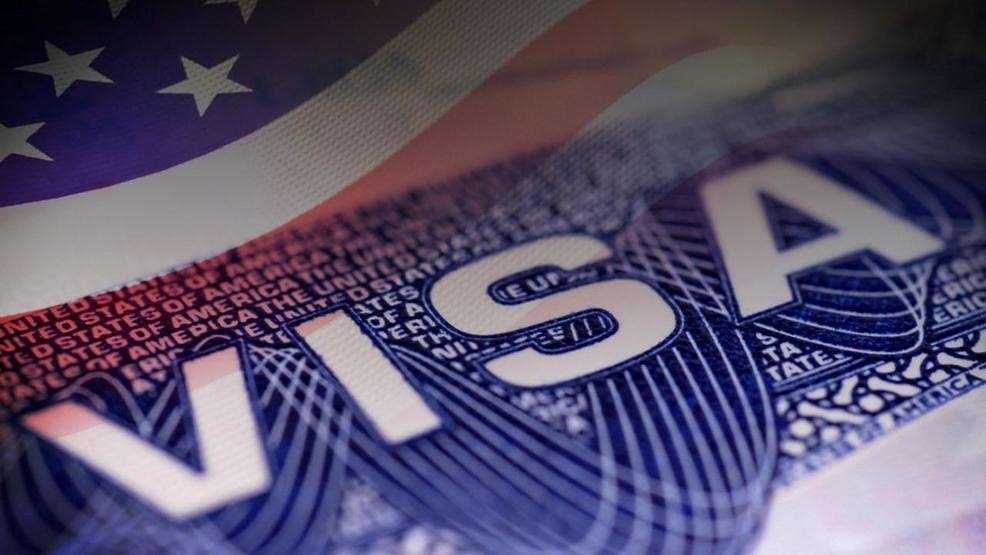
When a person has been the victim of a crime, it can be emotionally difficult to come forward and work with law enforcement in prosecuting the offender. This is especially true for those who have come to the United States illegally or who have overstayed an expired non-immigrant visa.
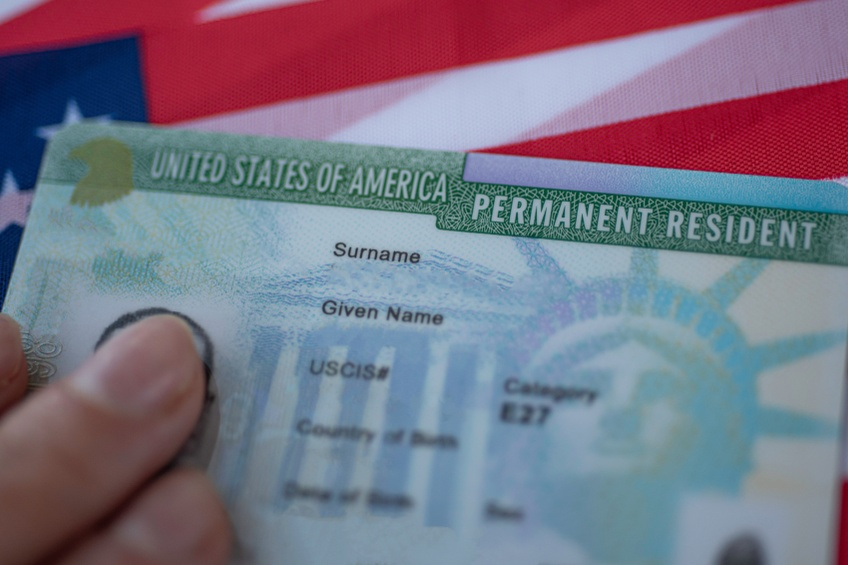
The most common situation in which a person is granted a conditional green card is one where the lawful permanent resident status is based on a marriage that is less than two years old. This means if you married a U.S. citizen less than two years before coming to the United States on an immigrant visa or receiving your adjustment of status, you will be granted conditional permanent residence.

The United States government has set various standards for foreign nationals who wish to live and work in the U.S., and those who do not meet these standards may be deemed inadmissible. A person could be deemed inadmissible for reasons related to health, criminal activity, immigration fraud, or a history of illegal presence in the United States.

If you are a non-citizen living in the United States, being charged and convicted of a crime could affect your immigration status and your ability to remain in the country legally.

If you wish to immigrate to the United States, most immigration-related procedures, including obtaining an Adjustment of Status, require you to participate in an interview with a representative from U.S. Citizenship and Immigration Services (USCIS).
